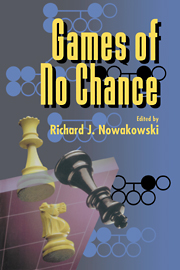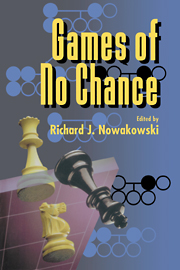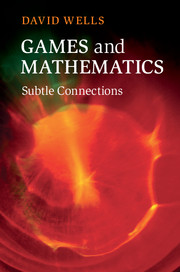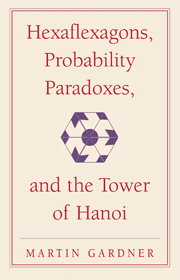The Mathematics of Games and Gambling
You can't lose with this MAA Book Prize winner if you want to see how mathematics can be used to analyze games of chance and skill. Roulette, craps, blackjack, backgammon, poker, bridge, lotteries and horse races are considered here in a way that reveals their mathematical aspects. The tools used include probability, expectation, and game theory. No prerequisites are needed beyond high school algebra. No book can guarantee good luck, but this book will show you what determines the best bet in a game of chance or the optimal strategy in a strategic game. Besides being an excellent supplement to a course on probability and good bed-side reading, this book's treatment of lotteries should save the reader some money.
- Needs little mathematical background
- Knowing the mathematics behind games of chance can save the reader money
Reviews & endorsements
'The whole book is written with great urbanity and clarity … it is hard to see how it could have been better or more readable.' The Mathematical Gazette
Product details
September 1996Paperback
9780883856284
151 pages
230 × 155 × 10 mm
0.221kg
This item is not supplied by Cambridge University Press in your region. Please contact Mathematical Association of America for availability.
Table of Contents
- 1. The phenomenon of gambling
- 2. Finite probabilities and great expectations
- 3. Backgammon and other dice diversions
- 4. Permutations, combinations and applications
- 5. Play it again, Sam: the binomial distribution
- 6. Elementary game theory
- 7. Odds and ends.






